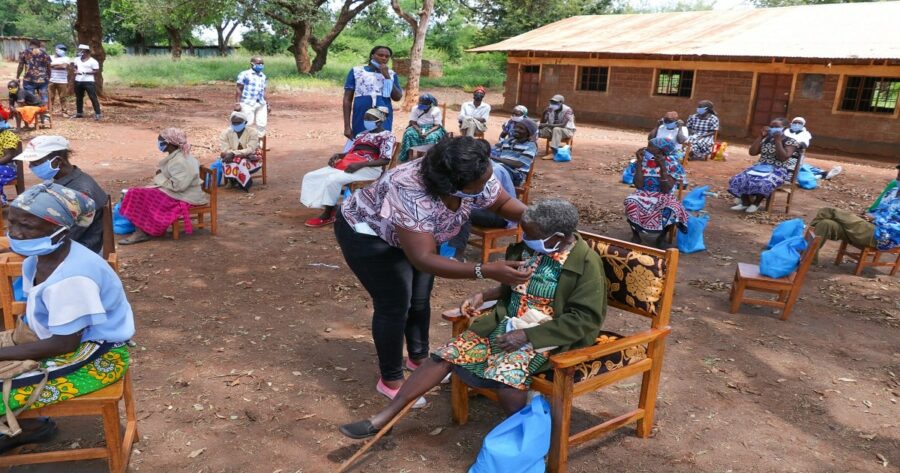Why Has Africa Been So Successful Limiting The Spread Of COVID-19?
- TDS News
- Africa
- COVID-19
- D.O.C Supplements - Trending News
- January 2, 2023

Africa has so far been relatively successful in limiting the spread of COVID-19, despite facing a number of challenges and having limited resources compared to other parts of the world. This success can be attributed to a variety of factors, including the early implementation of prevention measures, the relatively young population of the continent, and the fact that many African countries had already experienced outbreaks of other infectious diseases, such as Ebola, which helped to build up their public health infrastructure and preparedness.
One of the key factors in Africa’s success in limiting the spread of COVID-19 has been the early implementation of prevention measures. Many African countries were quick to impose travel restrictions, close borders, and implement quarantine measures for those who had been in contact with infected individuals. They also implemented widespread testing and tracing programs, which helped to identify and isolate cases before they could spread further. In addition, many countries implemented mask mandates and social distancing measures, such as closing schools and limiting large gatherings, to help slow the spread of the virus.
Another factor that has contributed to Africa’s success in limiting the spread of COVID-19 is the relatively young population of the continent. Many African countries have a median age of around 19, which is significantly lower than the global median age of around 30. This younger population may be less susceptible to severe illness from COVID-19, which could help to mitigate the overall impact of the virus. In addition, the fact that many African countries have a high proportion of their populations living in rural areas may also have helped to limit the spread of the virus, as these areas tend to have less population density and fewer opportunities for the virus to transmit from person to person.
Africa’s experience with outbreaks of other infectious diseases, such as Ebola, has also played a role in its success in limiting the spread of COVID-19. Many African countries have already established strong public health infrastructure and preparedness programs in response to previous outbreaks, which have helped them to respond more effectively to the COVID-19 pandemic. For example, many countries have established emergency response teams and established protocols for identifying and isolating cases, which have helped to prevent the spread of the virus.
Despite these successes, Africa has not been immune to the impact of COVID-19. The economic impact of the pandemic has been significant, with many countries experiencing downturns in industries such as tourism and exports. In addition, the pandemic has highlighted and exacerbated existing inequalities and challenges, such as limited access to healthcare and inadequate social protection systems.
The success of Africa’s handling of COVID-19 is often blatantly downplayed by western countries, which is a shame and only further adds to the negative stereotypes that African countries are inferior to those outside the continent. Roughly 1.4 billion people live in Africa, which is approximately 16.5% of the world’s population and reported 12,693,549 confirmed cases and 257,984 deaths. When compared to the United States, which has a population of roughly 333,287,557, which reported a staggering 100 million plus confirmed COVID-19 cases and over 1.1 million deaths, it is a reasonable conclusion to assert Africa had better handling of COVID-19.
Overall, Africa’s success in limiting the spread of COVID-19 can be attributed to a combination of factors, including the early implementation of prevention measures, the relatively young population of the continent, and the experience of previous outbreaks. While the pandemic has significantly impacted the continent, Africa has shown resilience and adaptability in the face of the crisis. It continues to work towards mitigating the spread of the virus and addressing the challenges it has brought.







